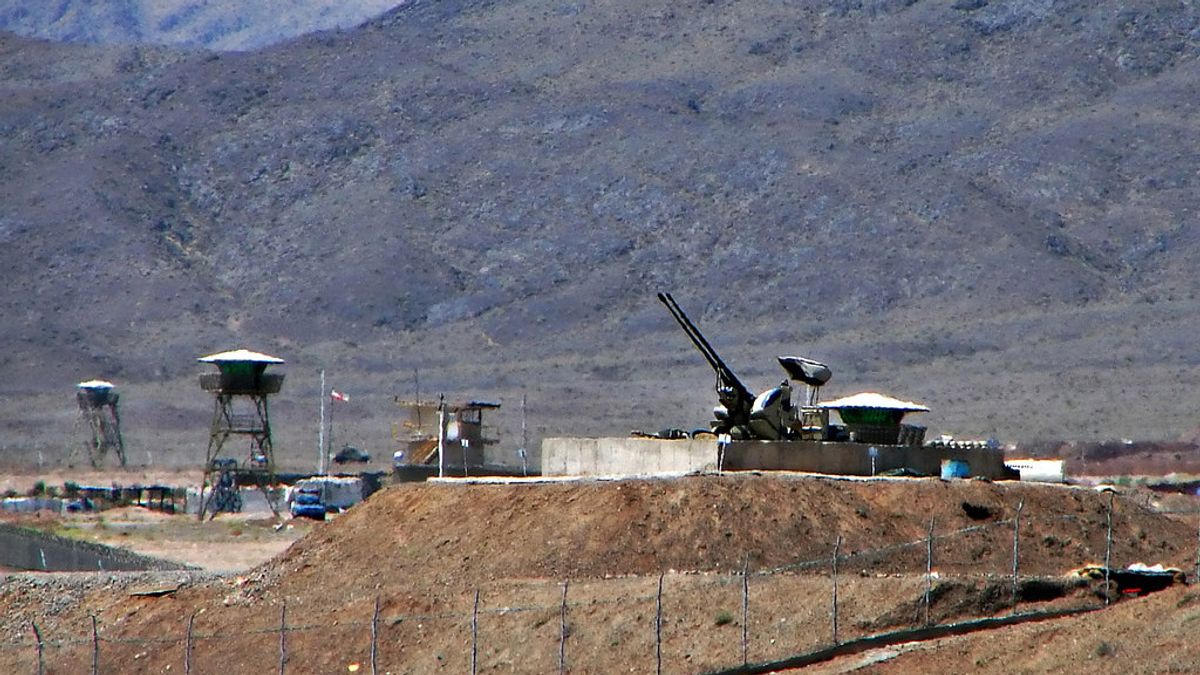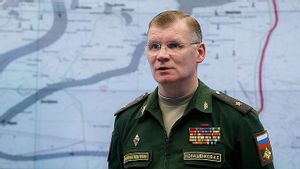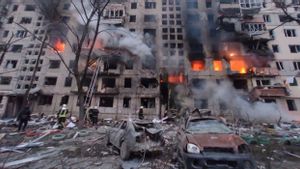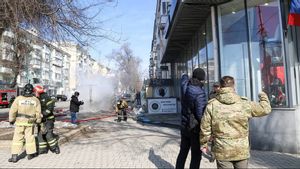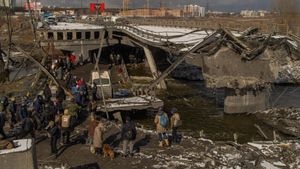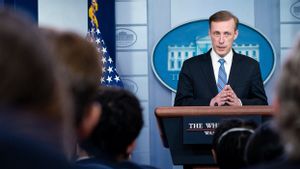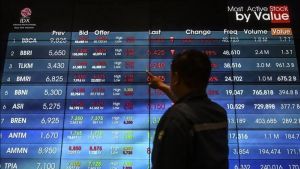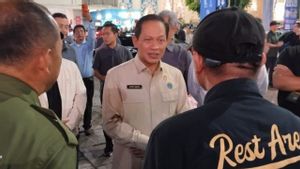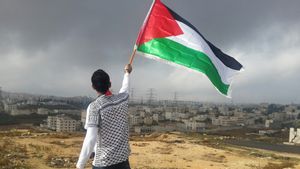JAKARTA - Russia said on Tuesday it had written guarantees it could carry out its work as a party to the Iran nuclear deal, showing Moscow's support for reviving the 2015 Iran nuclear deal.
Comments by Russian Foreign Minister Sergei Lavrov seem to signal Moscow may have backtracked on its earlier views, seeing Western sanctions imposed on Russia over its invasion of Ukraine as an obstacle to saving the nuclear deal.
Foreign Minister Lavrov on March 5 unexpectedly demanded comprehensive guarantees that Russia's trade with Iran would not be affected by sanctions related to Ukraine, a request that Western powers said was unacceptable and Washington insisted it would not accept.
Under the deal, officially called the 2015 Joint Comprehensive Plan of Action (JCPOA), Iran agreed to limit its nuclear program to make it difficult to develop a nuclear bomb, an ambition it denies, in exchange for relief from global economic sanctions.
"We have received written guarantees, they are included in the text of the agreement on reviving the JCPOA, and in these texts there is a reliable defense of all projects provided by the JCPOA and such activities, including connecting companies and specialists," Foreign Minister Lavrov said as quoted by Antara, reported by Reuters on March 16.
Speaking at a press conference with Iranian Foreign Minister Hossein Amirabdollahian in Moscow, Foreign Minister Lavrov also denied Russia was an obstacle to reviving the 2015 agreement.
"I have heard how America tries every day to accuse us of delaying the agreement, which is a lie. The agreement ended up being disapproved in several capitals, and the Russian capital, Moscow, is not one of them," he said.

The positive impact of Moscow's response, world oil prices fell by more than 6 percent, was drawn by Foreign Minister Lavrov's comments that Moscow supports the nuclear deal being resumed as soon as possible.
However, Western officials said they were unsure whether Russia was satisfied with guarantees it could carry out nuclear projects under the 2015 deal, or if it wanted "the right to full and free trade, economic and investment cooperation and military-technical cooperation" with Iran wanted by Foreign Minister Lavrov on March 5.
Separately, US State Department spokesman Ned Price told reporters a revival of the nuclear deal would not be a "way out" for Russia to evade sanctions imposed over the Ukraine war.
"We certainly will not sanction Russia's participation in a nuclear project that is part of continuing the full implementation of the JCPOA. We cannot and will not, and we have not given Russia any more guarantees than that," Price said.
Another US official, speaking on condition of anonymity, responded cautiously to Lavrov's comments, saying it may mean Moscow has accepted the US view that Russia's invasion of Ukraine should not derail the Iran nuclear deal.
"It may now be clear to Moscow that, as we have said publicly, the new sanctions related to Russia are not related to the JCPOA and should have no impact on their implementation," the senior State Department official said.
It is known, efforts to revive the nuclear deal have been going on for the past 11 months have not provided certainty. Iran says the United States lacks the political will to resolve some of the outstanding issues in the nuclear negotiations in Vienna.
Iran has insisted Washington remove sanctions related to human rights and terrorism, including those imposed in 2019 on its elite Revolutionary Guards (IRGC).
VOIR éGALEMENT:
Foreign Minister Amirabdollahian said a pause in the Vienna talks could help resolve some outstanding issues and said Russia was not an obstacle.
"If we can reach an understanding with the United States on some of the issues that are our red lines and reach a final agreement, Russia will support us until the end of the talks to reach a good, stable and strong nuclear deal," he said.
In 2018, then-US President Donald Trump withdrew from the nuclear deal, which was designed to stop Iran from developing nuclear weapons.
He chose to reimpose sanctions in a bid to force Tehran into talks on a broader deal, which would also address its ballistic missile program and support for proxies in the Middle East.
Iran responded by violating many of the deal's restrictions and pushing far beyond them, enriching uranium to near nuclear bomb levels and using advanced centrifuges to do so, which has helped hone its skills in operating the machines.
The English, Chinese, Japanese, Arabic, and French versions are automatically generated by the AI. So there may still be inaccuracies in translating, please always see Indonesian as our main language. (system supported by DigitalSiber.id)
